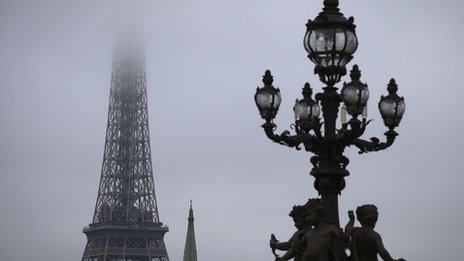Bristol diesel ban: Concerns raised over 'stupid' plan
- Published
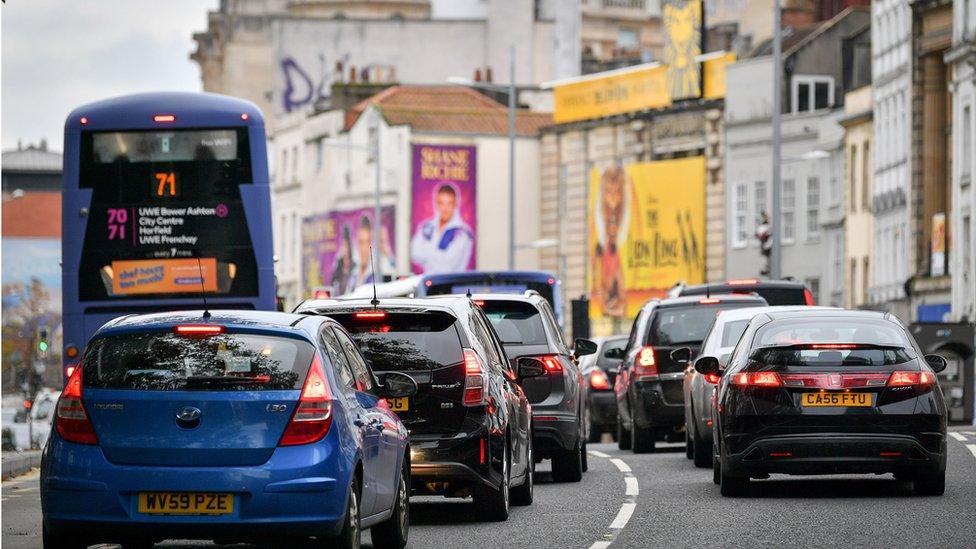
The diesel ban is due to come into force in 2021
A plan to ban diesel cars in Bristol has been criticised by concerned residents and described as "stupid".
On Tuesday the city became the first UK city to propose such a ban in a bid to reduce air pollution.
The ban on privately owned diesel cars from a central zone in the daytime is due to start in 2021 after an outline plan was approved by the city council.
The authority says it is necessary in order to meet a legal obligation to reduce air pollution.
But the plan has led to concerns from some people, including local residents, business owners and hospital visitors.
Details of specifics such as the cost of fines and who might be exempt from the ban are yet to be decided.
The plans have been welcomed by some people concerned about pollution levels.
Allow X content?
This article contains content provided by X. We ask for your permission before anything is loaded, as they may be using cookies and other technologies. You may want to read X’s cookie policy, external and privacy policy, external before accepting. To view this content choose ‘accept and continue’.
Christina Biggs from the Bristol Clean Air Alliance said the group "broadly" supported the blanket diesel car plan because it affected poor and wealthy alike.
But others have criticised the impact the plan will have on low-income families and businesses in the city centre.
One concerned resident, Sean Sparkes, called it a "stupid plan".
Allow X content?
This article contains content provided by X. We ask for your permission before anything is loaded, as they may be using cookies and other technologies. You may want to read X’s cookie policy, external and privacy policy, external before accepting. To view this content choose ‘accept and continue’.
Matt Griffith, from Business West, said the proposed ban would hit "traffic that just wanted to move north and south, or east and west".
"Many of these roads aren't the most polluted, but seem to have been drawn into the ban in order to achieve compliance for a small number of central roads slightly quicker."
Allow X content?
This article contains content provided by X. We ask for your permission before anything is loaded, as they may be using cookies and other technologies. You may want to read X’s cookie policy, external and privacy policy, external before accepting. To view this content choose ‘accept and continue’.
There are also concerns it will simply move the most polluted area away from the city centre into residential areas.
Concerns have also been raised over how it will affect access to the Bristol Royal Infirmary and Bristol Royal Children's Hospital - both situated next to the boundary of the ban zone.
A spokesperson for University Hospitals Bristol NHS Foundation Trust said it was in contact with the council and it aimed to "ensure there will be no disruption to patient care and the smooth running of the city centre hospitals".
Some people took to social media to voice worries about whether blue badge holders would still be able to drive their diesel cars.
Allow X content?
This article contains content provided by X. We ask for your permission before anything is loaded, as they may be using cookies and other technologies. You may want to read X’s cookie policy, external and privacy policy, external before accepting. To view this content choose ‘accept and continue’.
There have also been fears expressed that tourism in the city centre will be hit by the ban.
A spokeswoman for the SS Great Britain Trust said trustees were concerned that it would threaten the survival of the attraction.
Green councillor, Jude English, said she wondered whether people who could afford to pay the fines would drive into the area anyway.
Mike Hawes, of The Society of Motor Manufacturers and Traders (SMMT), said the proposed ban went "against government guidelines".
"[It] fails to distinguish between modern vehicles and decades-old technologies and will only cause confusion for drivers while also undermining efforts to boost air quality."
Follow BBC West on Facebook, external, Twitter, external, or Instagram, external. Send your story ideas to bristol@bbc.co.uk, external.
- Published5 November 2019
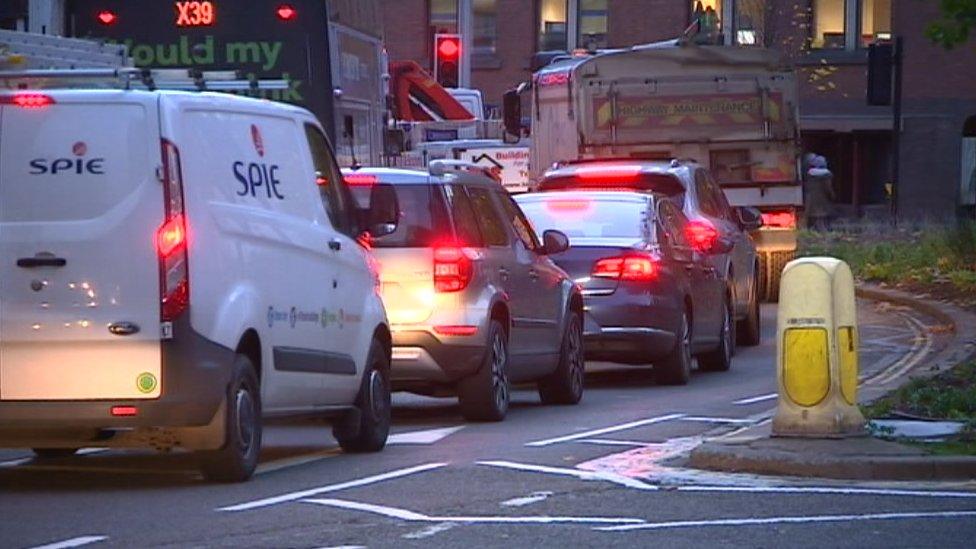
- Published29 October 2019
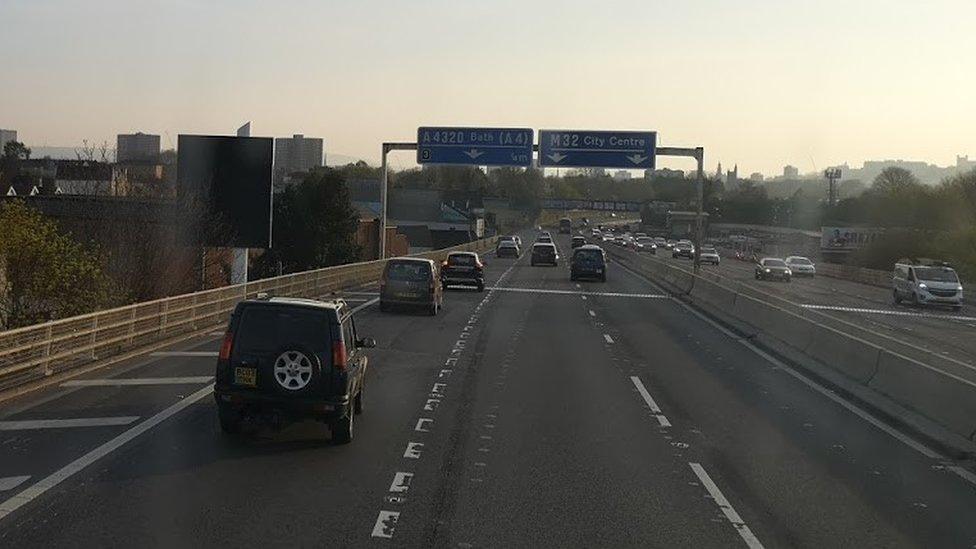
- Published8 April 2019
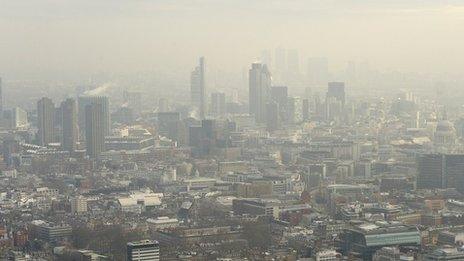
- Published4 February 2020
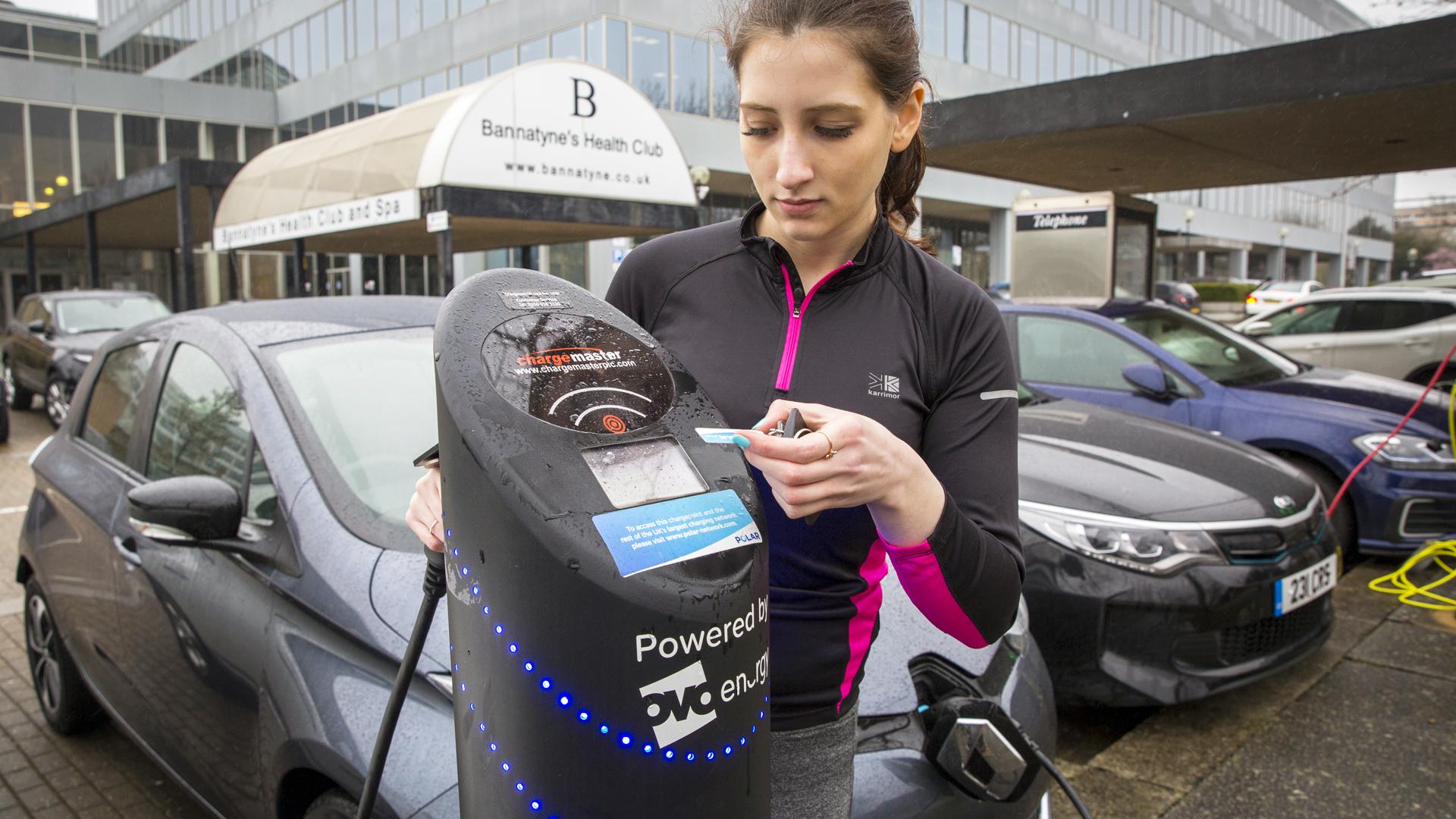
- Published30 May 2018
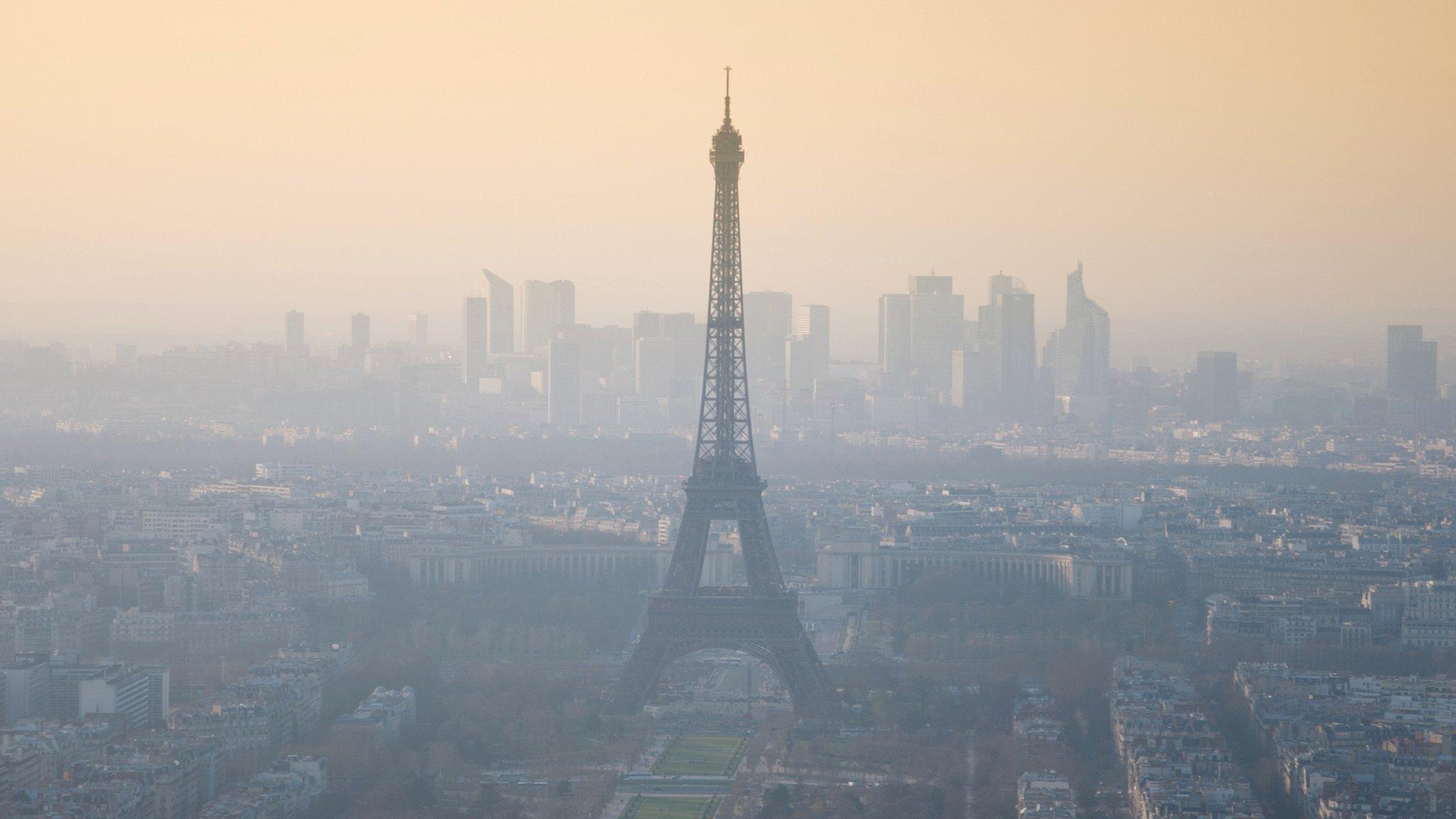
- Published2 December 2016
